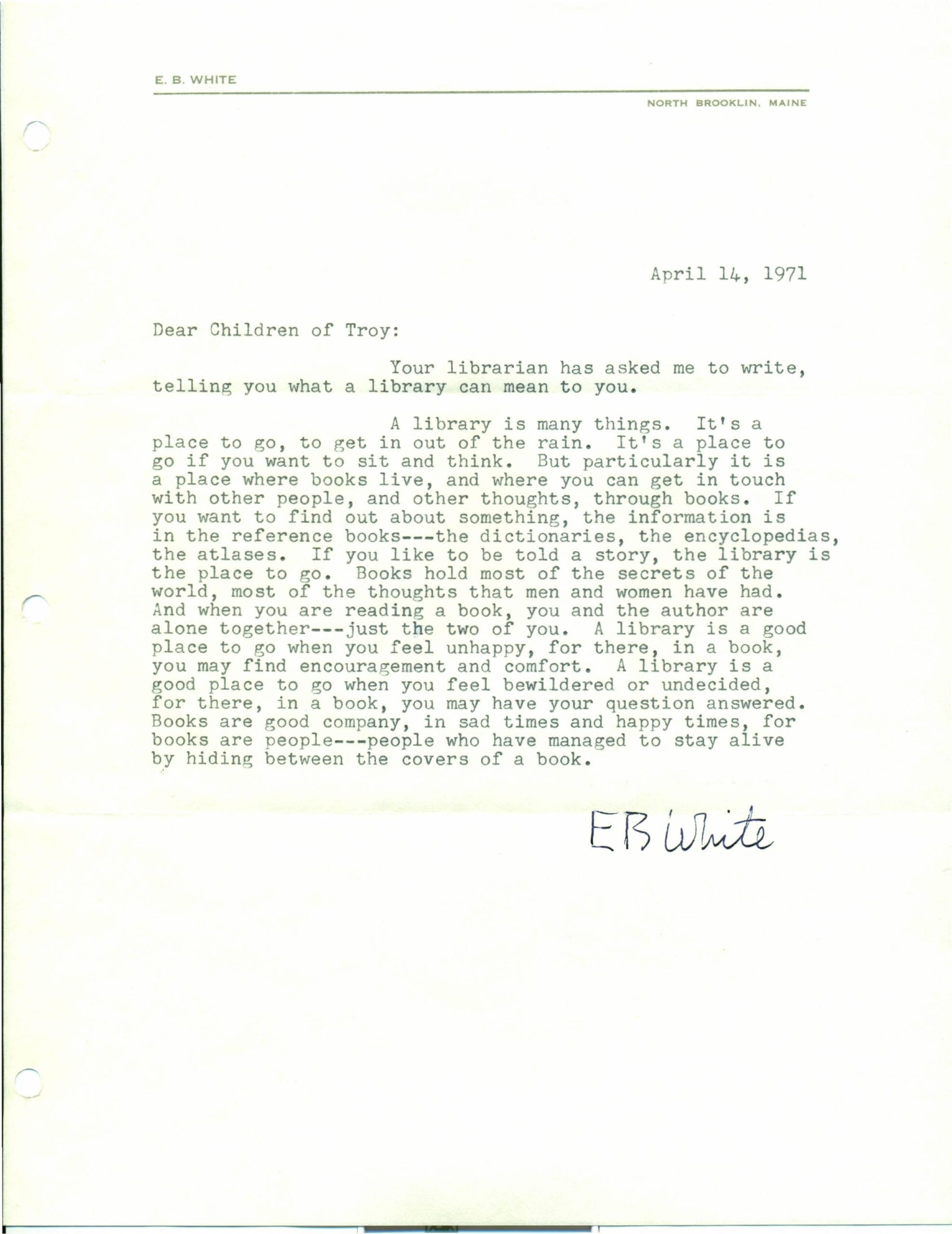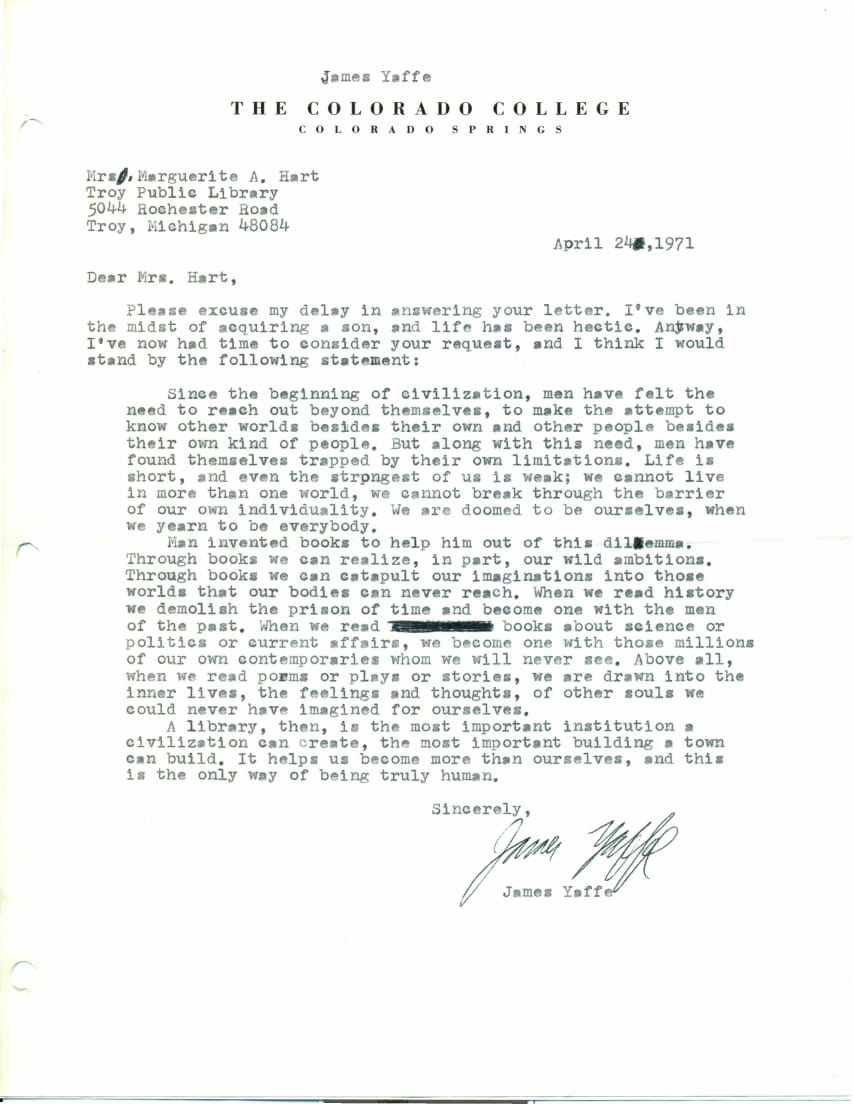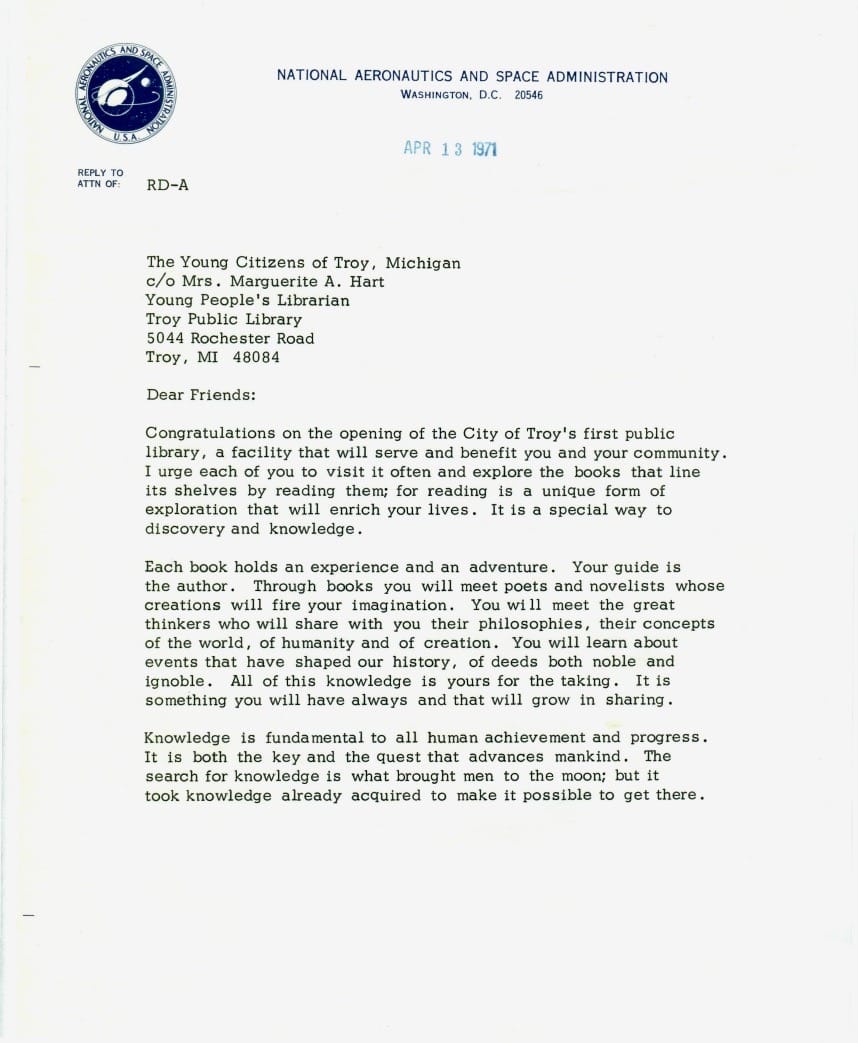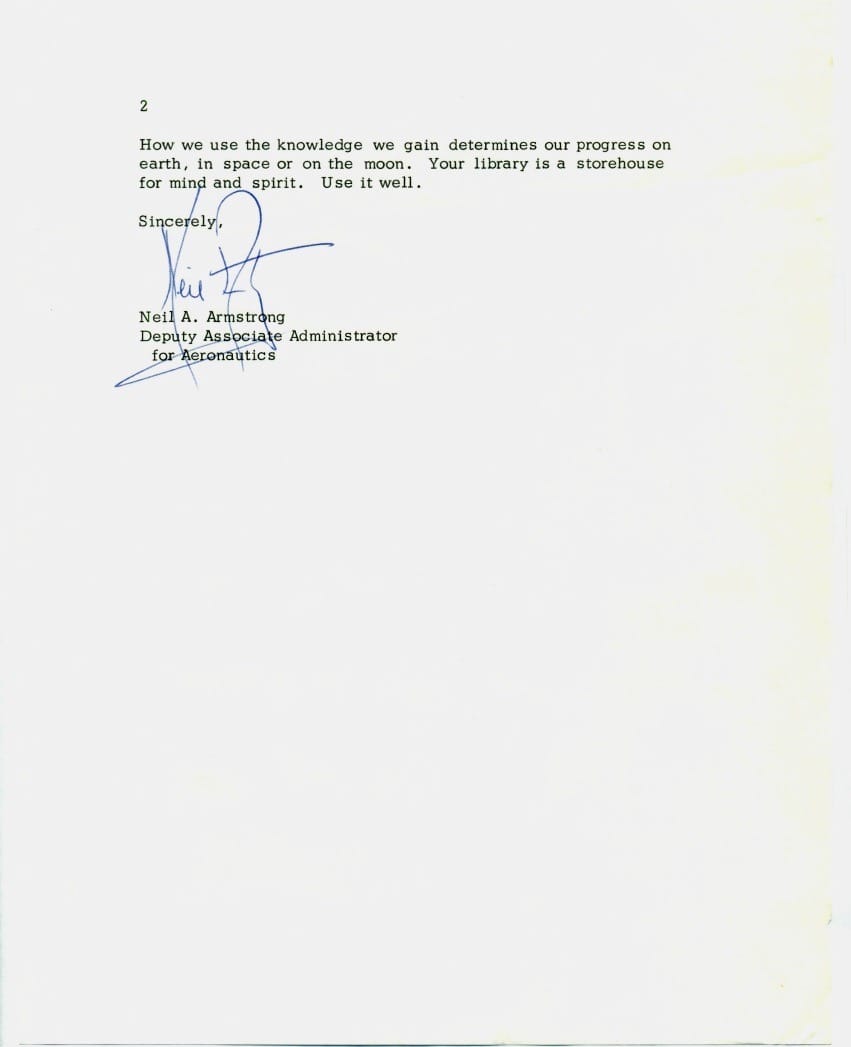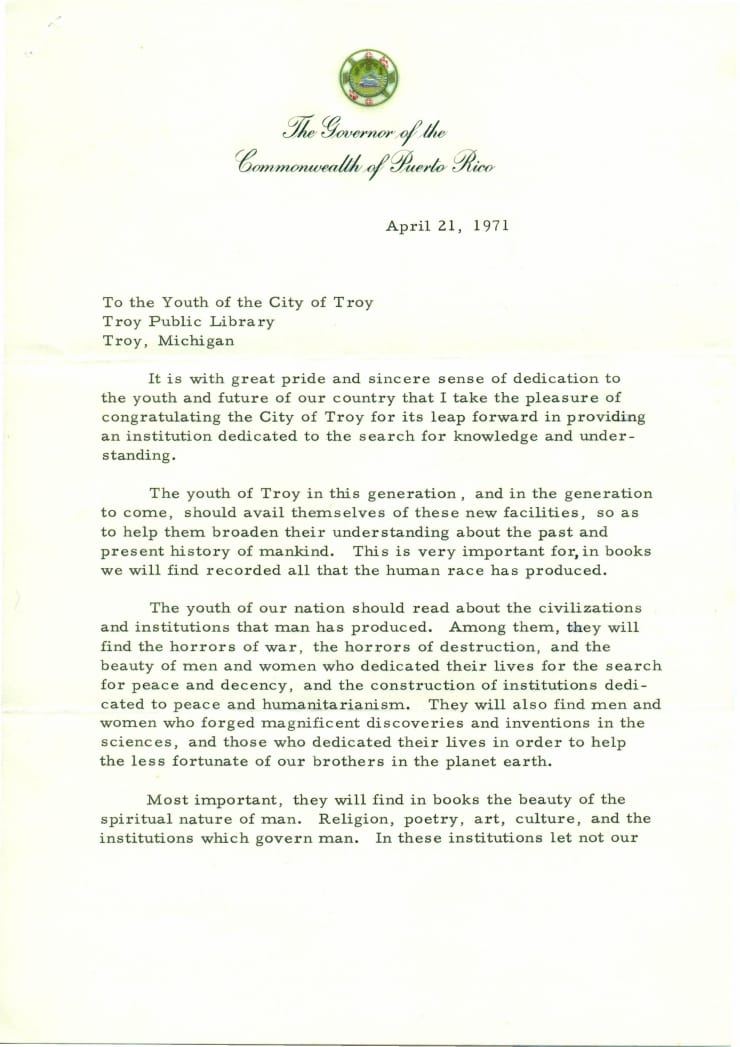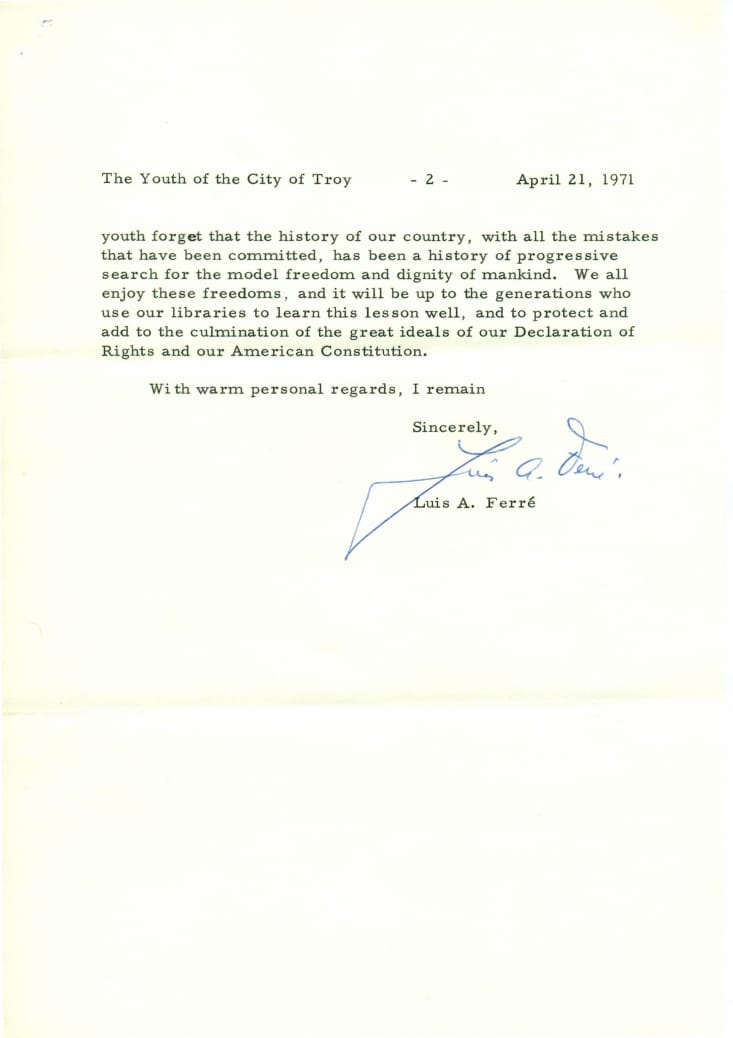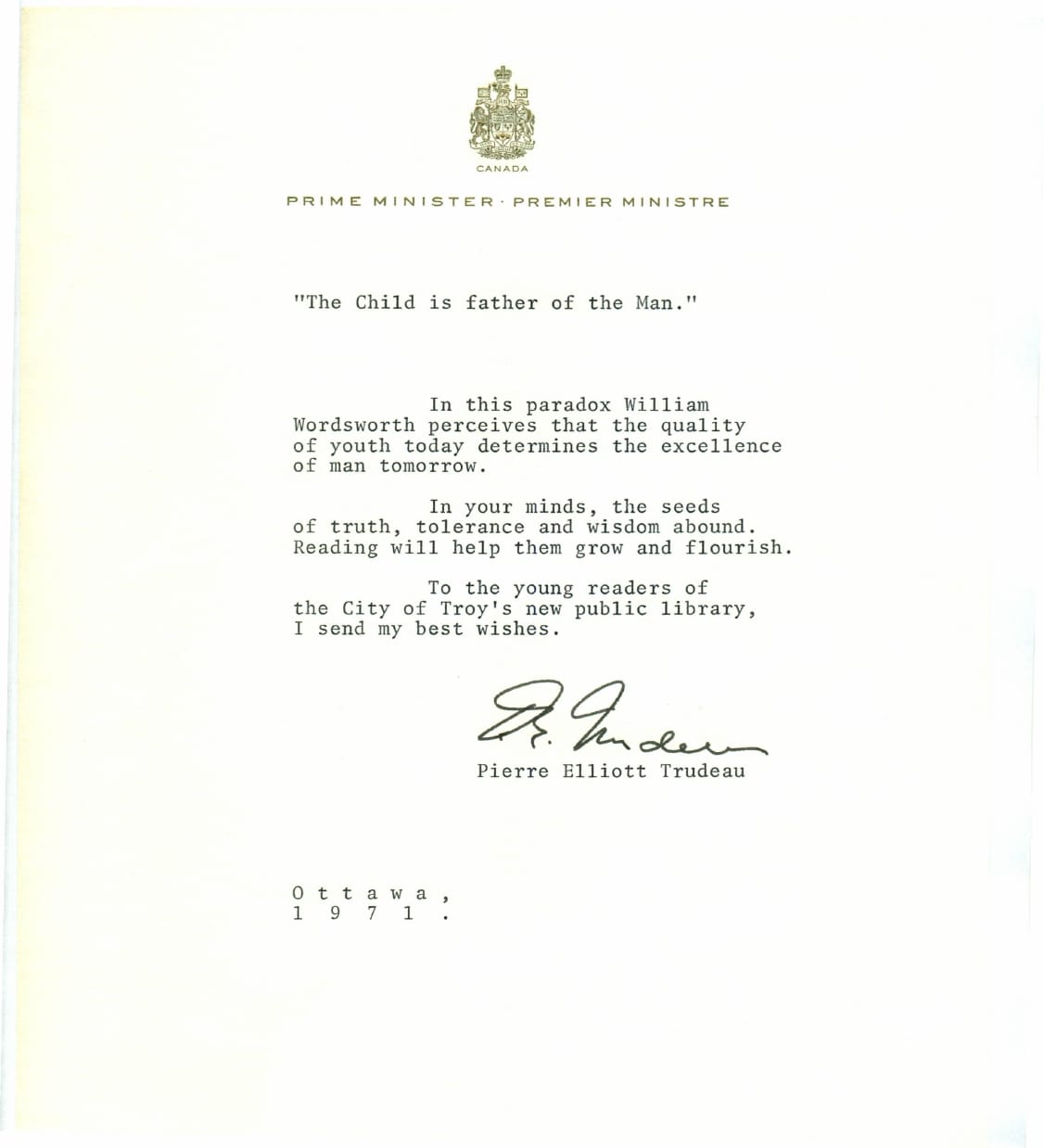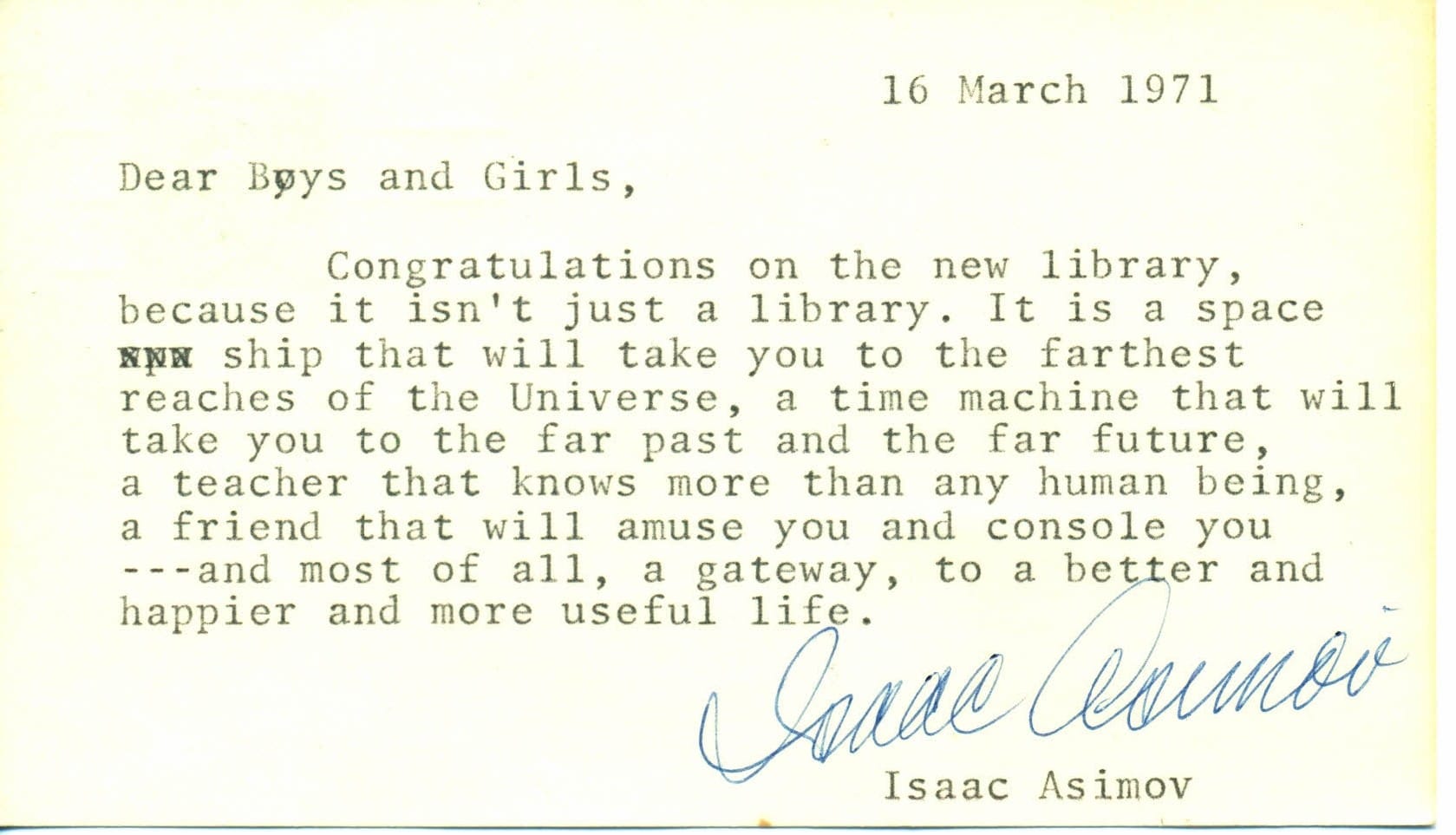And so it begins… Department of Education rescinds guidance on book bans.

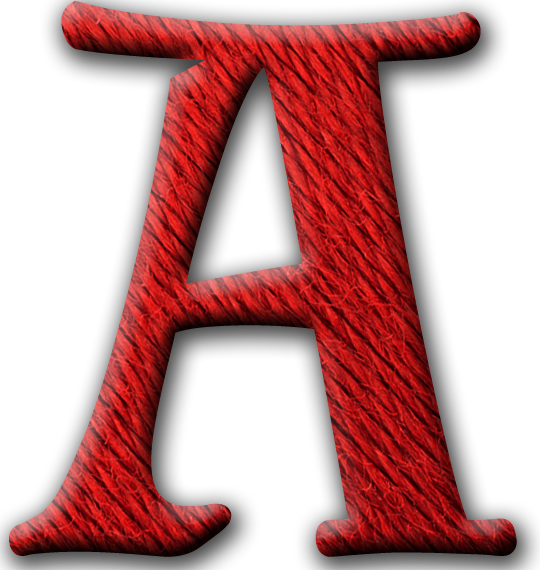 A
A
nd so it begins… as of January 24, 2025, the U.S. Department of Education’s Office for Civil Rights (OCR) has rescinded all guidance indicating that school districts’ implementation of book bans could violate civil rights laws.
The agency has also eliminated President Biden’s recently-created position of book ban coordinator.[1] Responsibilities of this now-abolished post entailed the development of training for schools regarding how book bans that target specific communities conceivably run counter to federal civil rights laws – specifically Title VI and Title IX of the landmark Civil Rights Act of 1964.[2]
Title VI and Title IX are foundational civil rights laws. And, they were enacted to ensure that students are free from discrimination in educational settings.
Title VI:
 It prohibits discrimination on the basis of race, color, and national origin in programs and activities receiving federal financial assistance.[3] Note that, unlike Title IX, Title VI’s protections are not limited to “education” programs and activities.[4]
It prohibits discrimination on the basis of race, color, and national origin in programs and activities receiving federal financial assistance.[3] Note that, unlike Title IX, Title VI’s protections are not limited to “education” programs and activities.[4]
Title IX:
 No person in the United States shall, on the basis of sex, be excluded from participation in, be denied the benefits of, or be subjected to discrimination under any education program or activity receiving Federal financial assistance… Title IX’s prohibition on discrimination “on the basis of sex” includes discrimination on the basis of gender identity and sexual orientation.[5]
No person in the United States shall, on the basis of sex, be excluded from participation in, be denied the benefits of, or be subjected to discrimination under any education program or activity receiving Federal financial assistance… Title IX’s prohibition on discrimination “on the basis of sex” includes discrimination on the basis of gender identity and sexual orientation.[5]
Congress consciously modeled Title IX on Title VI of the Civil Rights Act of 1964.[6] And, together these laws are consequential tools aimed at ensuring that schools remain places where every student can learn and thrive without fear of harassment or exclusion.

A Case Study in
How the System Used to Work
An investigation by the OCR into the removal of books featuring LGBTQ+ and racial minority characters at Forsyth County Schools in Georgia serves as a case study for how the now-dismantled system worked.
First, it’s important to note that a significant number of the books recently removed from school and library shelves were challenged on the basis of containing LGBTQ+ themes or because they address race and racism.
More than half of attempted book bans over the past several years were works containing LGBTQ+ themes and content. Forty percent were books that revolve around protagonists or secondary characters of color. And 21% of those challenged address issues of race or racism. [7]
The OCR found that removing books featuring LGBTQ+ and racial minority characters created a hostile environment for students. During this probe, LGBTQ+ students and their families reported fear over losing a sense of safety because their school environment became “more harsh,” that is to say abusive, “in the aftermath of the book removals.”[8]
In the same report, students of color indicated that eliminating books with diverse characters made it difficult to see themselves represented in their school libraries. Lack of representation isn’t simply a matter of not getting enough attention. Rendering a population invisible within society effectively silences minority voices.[9]
The OCR ultimately concluded that the book bans, combined with lack of communication throughout the challenge process, as well as ongoing discourse from district leadership about LGBTQ and racial issues, constituted a violation of the students’ civil rights.[10]
The complaint was ultimately settled with a resolution agreement between the Forsyth County School District and the OCR. Among other things, the resolution lays the foundation for improved communication between all parties involved.
But more importantly, it establishes a process for improving school climate and addressing “harassment based on sex, race, color or national origin.”[11] And ultimately, this resolution agreement deters the violation of students’ civil rights.
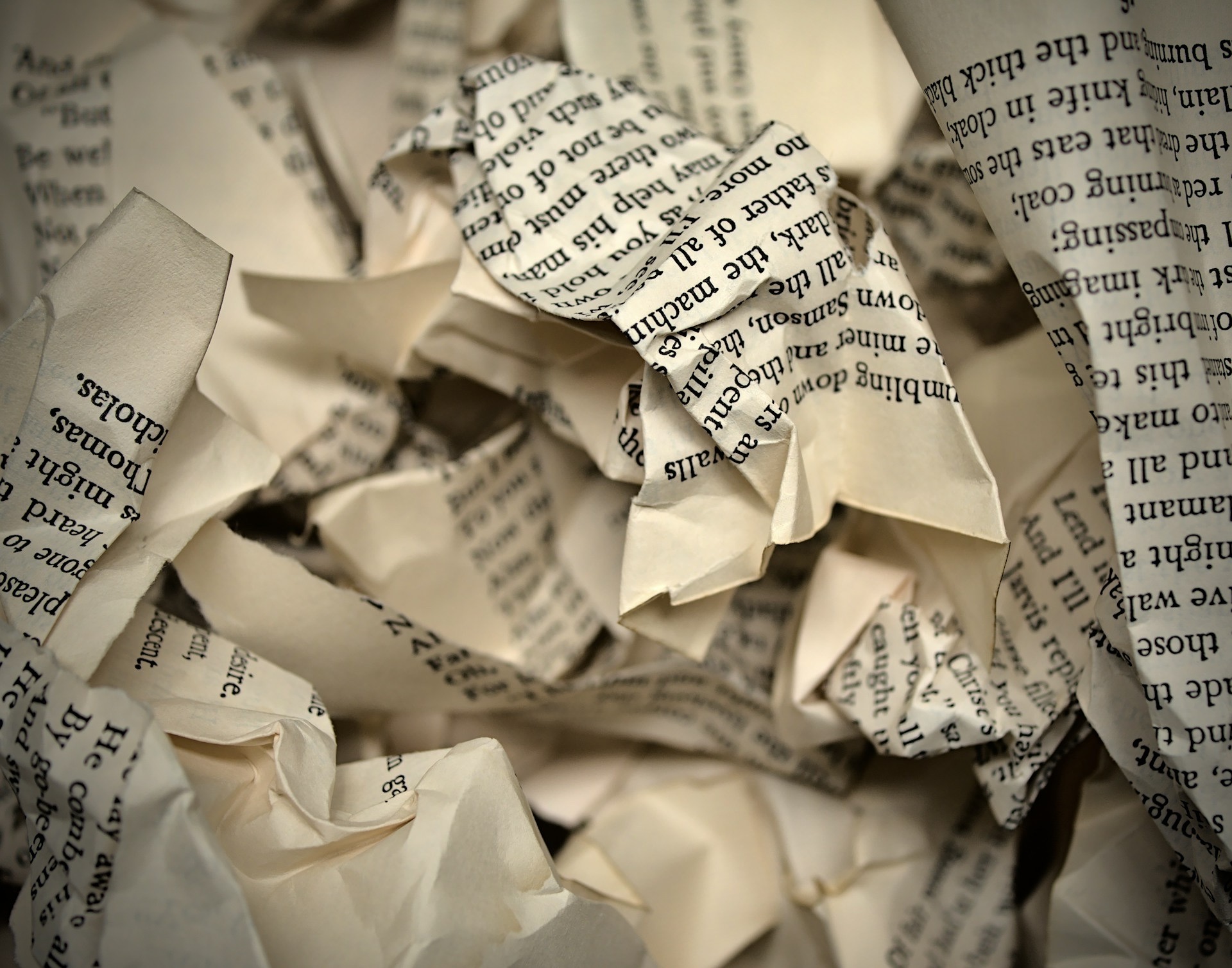
Such investigations
will no longer be happening.
Rather than addressing such documented harms, the Department of Education under the Trump Administration has rescinded all department guidance pertaining to book bans and how removing books from school libraries could violate students’ civil rights.
And they didn’t waste any time doing it – the process was set in motion on Inauguration Day. Not only that… as we speak, the Trump administration is drafting an executive order to dismantle the Department of Education entirely.[12]
Trump’s OCR has dismissed the 17 cases heretofore under investigation, stating it was ending “Biden’s book ban hoax.”[13]
But, book bans in United States’ public school classrooms and libraries are anything but a hoax. The free expression advocacy group Pen America has tracked nearly 16,000 book ban attempts in public schools across the nation since 2021.[14]

Why is the Department of Education
no longer taking on book bans?
Why has the Office for Civil Rights been stripped of its ability to hold districts accountable for these actions? Why isn’t it addressing censorship – which silences students and impedes their access to education – a priority for this administration?
Why is the Trump administration preparing to dismantle the Department of Education – whose mission is to “promote student achievement and preparation for global competitiveness by fostering educational excellence and ensuring equal access” – altogether?[15]
Suppressing access to information is a tactic that’s been used before in this country. As pointed out by Henry Ward Beecher, the slave-holding class in the antebellum south “realized that allowing non-slaveholders access to information would disrupt their own fortunes, and thus imposed a strict system of censorship throughout the region.”[16]
Beecher also noted that schoolbooks containing accurate material about the evils of slavery “were expunged” because it’s understood that “youthful impressions [are] the most lasting.”[17]
We see this tactic being employed again today. Confirmed by the fact that 16% of books banned in recent years are history books or biographies.[18]
Beecher put the situation, both then and now, in a nutshell with his statement that ignorance (that is… lacking information or particular knowledge) can become an institution, one that can be legislated. Sound familiar?
As he also pointed out:
 Knowledge is not only power… but powder also, liable to blow false institutions to atoms.[19]
Knowledge is not only power… but powder also, liable to blow false institutions to atoms.[19]
It seems we have our answer as to why the current Office of Civil Rights is no longer taking on book bans and censorship. Especially when considered in light of the fact that 10% of books recently banned in American school districts contained themes of rights and activism. It’s because, as Beecher noted and we learned from Schoolhouse Rock, knowledge is power.[20]

What’s the purported motive
for these recent actions?
The OCR’s press release cites “fundamental rights of parents to direct their children’s education” as the motive behind these recent actions.[21]
There’s no question that parents deserve a say in shaping their children’s education, especially when it comes to matters revolving around their moral and religious beliefs. But, parents already have that right.
Parents’ legal right “to control the education of their own” pupils was established by the Supreme Court in 1923 with the case Meyer v Nebraska.[22]
Ironically, Meyer v Nebraska revolves around the state of Nebraska’s ban (and yes, that is the word used in the judicial opinion) on forms of education pertaining to marginalized groups. In this case, the immigrant population generally was targeted, and those of German heritage in particular – in an effort to “foster a homogeneous people.”[23]
The irony lies in the fact that the ruling which establishes the right Trump’s Department of Education purports to be upholding when books with LGBTQ+ themes or discussions of racism are banned, actually finds that restricting education for and about such minority populations is unconstitutional.
Be that as it may… the right “to control the education of their own” students has long been exercised by parents who have objected to some of the material their children read or view. [24] And, there are ways to do it without trampling on the rights of others. But the day when that conversation was relevant has unfortunately passed.
The fact of the matter is, in its current configuration the Department of Education is no longer in the business of ensuring students’ access to information which, needless to say, is the foundation of a well-rounded education.

What can we do about it?
What can we do about it? As children’s writer James Howe points out:
 Banning books is just another form of bullying. It’s all about fear and an assumption of power. The key is to address the fear and deny the power.[25]
Banning books is just another form of bullying. It’s all about fear and an assumption of power. The key is to address the fear and deny the power.[25]
Needless to say, we should make our voices heard at PTA and school board meetings, especially those of our students – whose right to education and information is being infringed upon. Vote in local elections. Run for your local school board.
These actions are important undertakings to be sure. But not everyone has the resources to run for a seat on their school board. That’s what book banners are counting on, as evinced by the recent influx of political money into those elections.
But there’s a “work-around” as it were to ensure your child’s access to information and the well-rounded education they have a right to. And that is to turn the parental rights book banners invoke on its head. Ex-school teacher Stephen King nails it as the expression goes with his advice to:
 …run, don’t walk, to the nearest non-school library or to the local bookstore and get whatever it was that they banned. Read whatever they’re trying to keep out of your [student’s] eyes and your [student’s] brain, because that’s exactly what [they] need to know… controversy and surprise – sometimes even shock – are often the whetstone on which young minds are sharpened.[26]
…run, don’t walk, to the nearest non-school library or to the local bookstore and get whatever it was that they banned. Read whatever they’re trying to keep out of your [student’s] eyes and your [student’s] brain, because that’s exactly what [they] need to know… controversy and surprise – sometimes even shock – are often the whetstone on which young minds are sharpened.[26]
Deny book banners the power to control and impoverish your student’s education. Take the bull by the proverbial horns. Fire up family reading nights and feature banned books. Visit the public library with your student and check out the books your district has removed from its classrooms or library shelves. Organize a banned book club for your teens.
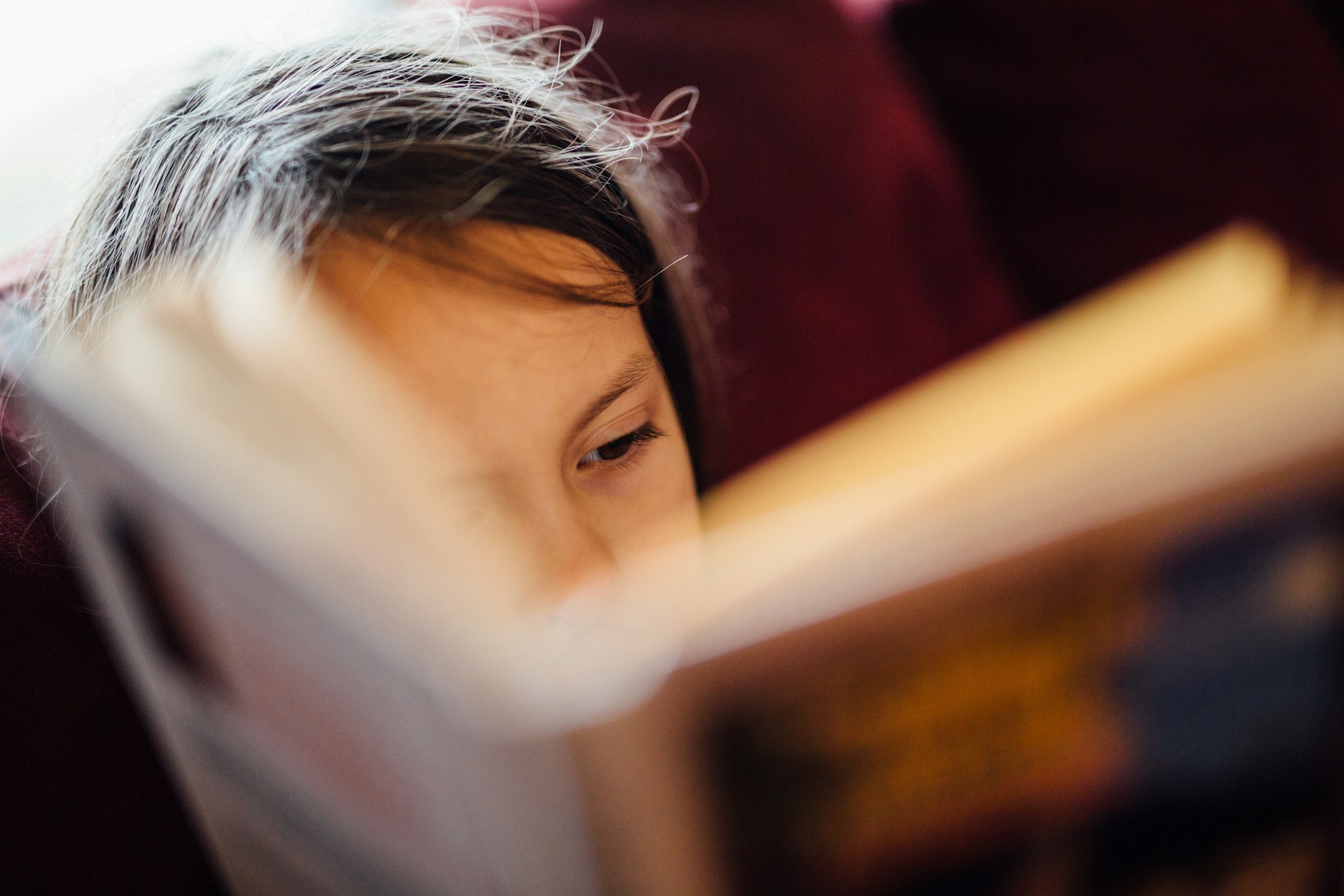
Any book worth banning
is a book worth reading.
As science fiction legend Isaac Asimov so astutely put it, “any book worth banning is a book worth reading.”[27] Studies show that when allowed to read books with difficult or “disturbing” subject matter, students who previously read little or nothing “started reading like crazy,” both in and out of school.[28]
Not surprisingly these students’ reading achievement improved. That’s no small consideration, given that the most recent reading scores on “the nation’s report card” (for 2024) have plummeted to a historic low.[29]
We’re undoubtedly still playing catch-up from the Covid pandemic. Both math and reading scores are still below pre-pandemic levels. But it’s significant to note that only the reading scores have dropped since the previous assessment period.
Why the disparity? Well… when we ban books, we tie one arm behind educators’ backs, because they have fewer resources at their disposal to help teach our kids to read at a proficient level. Moreover, a diverse library is one of the best – if not the best – tool in a teacher’s arsenal.
A recent survey of educators from all 50 states found that when diverse books are added to classroom libraries, student reading time increased by 4 hours per week on average. As a result, students’ reading scores increased to three points higher (+9) than the national expected average yearly gains. The lowest scoring students made the greatest gains (+11).
Teachers in this survey indicate that for every additional bilingual book added to their classroom library, their students’ reading assessment scores increased by seven points on average.
They further stated that for every additional LGBTQ+ book added to their classroom library, their students’ reading assessment scores increased by 4.5 points on average. [30]
In addition to improved assessment scores, students in a study of middle-schoolers also report improved self-control, as well as developing more, and stronger, friendships and family relationships. And, students report being “happier. Yes, happier.” [31] This, of course, is the polar opposite of the baloney banners spout to frighten parents into falling in line.

The bottom line…
Rather than succumbing to a policy of restricted information and diminished education, “control the education of your own” by making sure your students have access to books that are being removed from classroom and school library shelves. Reading the types of books targeted by these bans fosters critical thinking, trains perspective-taking, and engenders empathy.[32]
Not only are these skills that students are going to need in order to be whole, successful adults, they’re essential social skills for an informed citizenry in a democratic society. Let’s make sure the next generation of American citizens is equipped with them.

Be sure to take a look at our
“Fight Book Bans” segment.
Don’t miss our Case Study on
how to push back against book bans.
Share This Post, Choose a Platform!
#Department of Education #book bans
#state-sponsored censorship #banned books
Endnotes:
[1] Press Release. “U.S. Department of Education Ends Bien’s Book Ban Hoax.” U.S. Department of Education. January 24, 2025.
Arundel, Kara. “Education Department rescinds Biden-era Book ban guidance.” Jan 24, 2025. K-12 Dive.com
https://www.k12dive.com/news/school-book-bans-Education-Department-civil-rights/738310/
[2] Merod, Anna. “Ed Dept to appoint coordinator to take on book bans nationwide.” June 8, 2023. K-12Dive.com
https://www.k12dive.com/news/education-department-coordinator-addressing-book-ban/652458/
[3] U.S. Department of Justice/ Civil Rights Division. Title VI of the Civil Rights Act of 1964. Overview of Title VI: https://www.justice.gov/crt/fcs/TitleVI
EveryLibrary Objects to Trump Administration Calling Book Bans a Hoax. January 24, 2025.
https://www.everylibrary.org/trump_administration_ends_school_book_ban_consent_decree
[4] U.S. Department of Justice/ Civil Rights Division. Title IX. Title IX Legal Manual
https://www.justice.gov/crt/title-ix
[5] U.S. Department of Justice/ Civil Rights Division. Title IX. Title IX Legal Manual.
https://www.justice.gov/crt/title-ix
[6] U.S. Department of Justice/ Civil Rights Division. Title IX. Title IX Legal Manual
https://www.justice.gov/crt/title-ix
EveryLibrary Objects to Trump Administration Calling Book Bans a Hoax. January 24, 2025. EveryLibrary.com
https://www.everylibrary.org/trump_administration_ends_school_book_ban_consent_decree
[7] Arkin, Daniel. “More than half of 2023’s most challenged books have LGBTQ themes.” April 11, 2024. NBCnews.com
https://www.nbcnews.com/nbc-out/out-news/banned-books-lgbtq-library-association-rcna146236
Heeter, Jonathan. “Three Facts and a Fiction: Challenging Books,”
[8] Landmark Civil Rights Agreement Over Book Bans in Forsyth County (GA) Schools. May 21, 2023. EveryLibrary.com https://www.everylibrary.org/landmark_school_book_ban_civil_rights
[9] EveryLibrary Objects to Trump Administration Calling Book Bans a Hoax. January 24, 2025.
https://www.everylibrary.org/trump_administration_ends_school_book_ban_consent_decree
Letter of Advisement to Forsyth County Schools Superintendent. United States Department of Education Office for Civil Rights, Region IV.
[10] Landmark Civil Rights Agreement Over Book Bans in Forsyth County (GA) Schools. May 21, 2023. EveryLibrary.com https://www.everylibrary.org/landmark_school_book_ban_civil_rights
[11] Resolution Agreement. Forsyth County Schools. Complaint No. 04-22-1281. United States Department of Education Office for Civil Rights
Letter of Advisement to Forsyth County Schools Superintendent. United States Department of Education Office for Civil Rights, Region IV.
[12] U.S. Department of Education. Press Release: U.S. Department of Education Ends Biden’s Book Ban Hoax. January 24, 2025.
Mason, Jeff. “Trump seeks executive order, cooperation with Congress to shut Education Department.” Reuters.com February 4, 2025.
[13] U.S. Department of Education. Press Release: U.S. Department of Education Ends Biden’s Book Ban Hoax. January 24, 2025.
[14] Alfonseca, Kiara. “Department of Education dismisses book ban complaints, ends guidance.” ABCNews
https://abcnews.go.com/US/department-education-dismisses-book-ban-investigations-ends-guidance/story?id=118098825
[15] U.S. Department of Education. “Mission of the U.S. Department of Education.”
https://www.ed.gov/about/ed-overview/mission-of-the-us-department-of-education
[16]Beecher, Henry Ward. “Anti-Slavery Lectures,” The New York Times, January 17, 1855.
https://www.nytimes.com/1855/01/17/archives/antislavery-lectures.html
[17] Beecher, Henry Ward. “Anti-Slavery Lectures.” The New York Times. January 19, 1854.
https://www.nytimes.com/1854/01/19/archives/newyork-city-antislavery-lectures.html
[18] Book Banning, Curriculum Restrictions, and the Politicization of U.S. Schools Report. September 19, 2022.
[19]Beecher, Henry Ward. “Anti-Slavery Lectures,” The New York Times, January 17, 1855.
https://www.nytimes.com/1855/01/17/archives/antislavery-lectures.html
[20] O’Kane, Caitlin. “Over 1,600 books were banned in U.S. school districts in one year – and the number is increasing.” September 20, 2022. CBSnews.
https://www.cbsnews.com/news/banned-books-list-increased-schools-ban-critical-race-theory-sexuality-pen-america-report/
[21] U.S. Department of Education. Press Release: U.S. Department of Education Ends Biden’s Book Ban Hoax. January 24, 2025.
[22] “Meyer v. Nebraska, 262 U.S. 390 (1923).” Justia U.S. Supreme Court.
https://supreme.justia.com/cases/federal/us/262/390/
[23] “Meyer v. Nebraska, 262 U.S. 390 (1923).” Justia U.S. Supreme Court.
https://supreme.justia.com/cases/federal/us/262/390/
[24] “Meyer v. Nebraska, 262 U.S. 390 (1923).” Justia U.S. Supreme Court.
https://supreme.justia.com/cases/federal/us/262/390/
[25] “Read Harder Challenge 2025.” Book Riot.
https://bookriot.com/support-banned-books-week-quotes-censorship/
[26] Stephen King Quotable Quote. Goodreads.
King, Stephen. “The Book-Banners: Adventure in Censorship is Stranger Than Fiction.”
https://stephenking.com/works/essay/book-banners-adventure-in-censorship-is-stranger-than-fiction.html
[27] Williamson, Rebecca. Let Freedom Read – Banned Books Week 2023. September 22, 2023. San Diego State University. https://library.sdsu.edu/features/banned-books
[28] Gay Ivey and Peter Johnston. “What Happens When Young People Actually read ‘Disturbing’ Books.” Teachers College Press blog. October 31, 2023.
[29] Schwartz, Sarah.“Reading Scores Fall to New Low on NAEP, Fueled by Declines for Struggling Students.” EducationWeek, January 29, 2025. https://www.edweek.org/leadership/reading-scores-fall-to-new-low-on-naep-fueled-by-declines-for-struggling-students/2025/01
[230] The Impact of a Diverse Classroom Library. First Book Research & Insights. 2023.
[31] Gay Ivey and Peter Johnston. “What Happens When Young People Actually read ‘Disturbing’ Books.” Teachers College Press blog. October 31, 2023.
[32] The Ljubljana Reading Manifesto: Why higher-level reading is important. October 20, 2023. International Federation of Library Associations and Institutions.
https://www.ifla.org/news/ljubljana-manifesto-on-higher-level-reading-launched-at-frankfurter-buchmesse/
Images:
And so it begins…: Photo by Julia Joppien on Unsplash
A Case Study in how the system used to work: Photo by Scott Graham on Unsplash
Such investigations will no longer be happening: Photo by Michael Dziedzic on Unsplash
Why is the Office for Civil Rights under the Trump administration no longer addressing book bans: Photo by Mick Haupt on Unsplash
What’s the purported motive for these recent actions: Photo by Ioann-Mark Kuznietsov on Unsplash
What Can We Do About it: Photo by Debby Hudson on Unsplash
Any Book Worth Banning: Photo by Johnny McClung on Unsplash
The Bottom Line: Photo by Annie Spratt on Unsplash
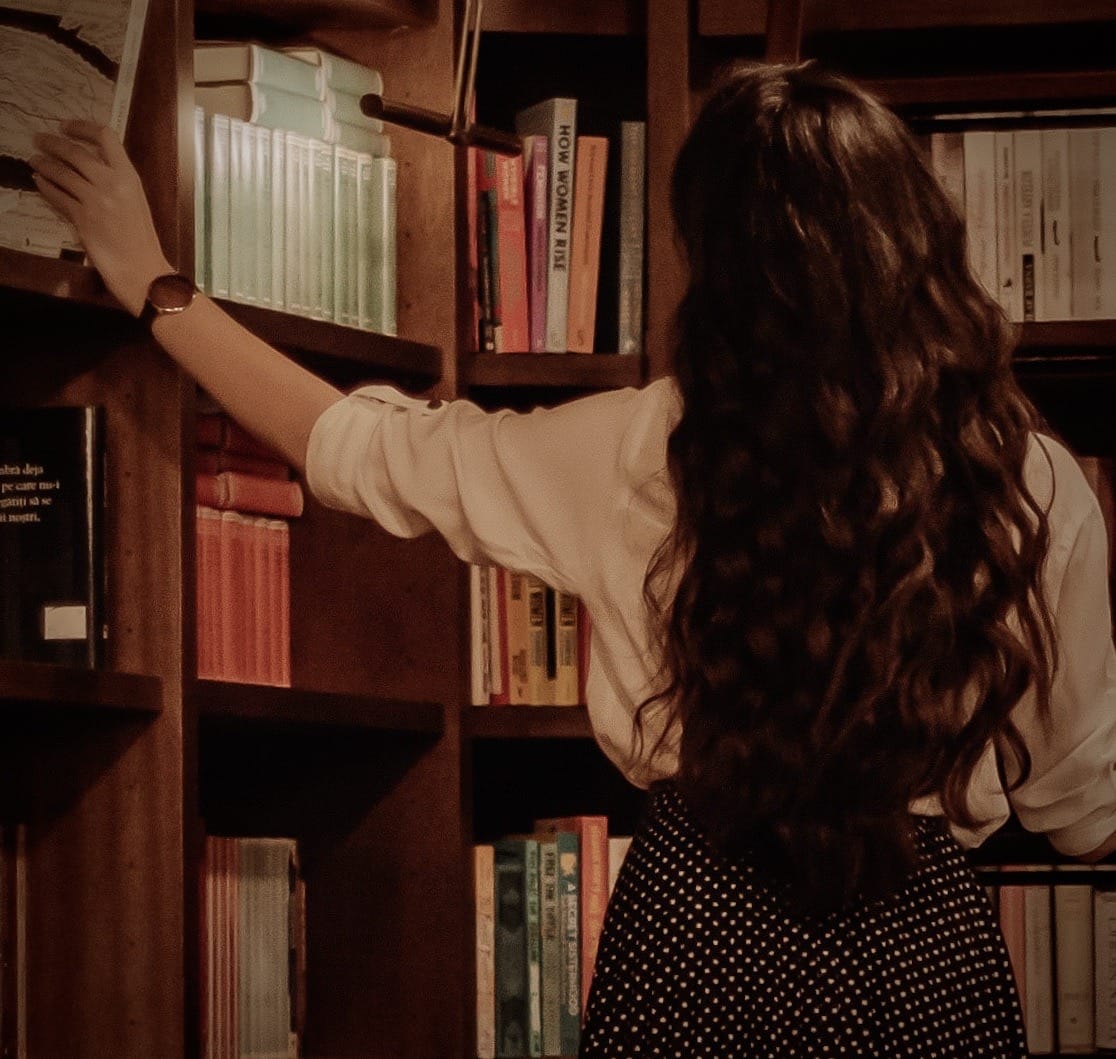
 L
L